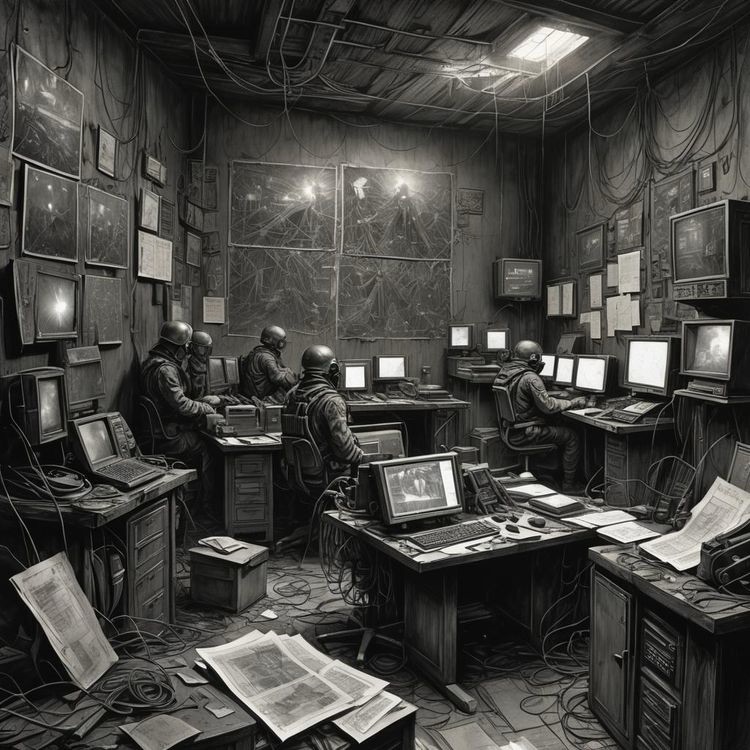In today’s world of big data, every individual is part of a vast interconnected web of information. This web, often invisible to the eye, is a living system that tracks, monitors, and stores vast amounts of data on each of us. From our daily habits and financial transactions to our communications and connections, every digital footprint we leave behind is stored, analyzed, and often used without our direct knowledge.
Every time we interact with the digital world, whether making an online purchase, sending a message, or checking into a location, this information is gathered. Over time, this builds a comprehensive profile that includes our preferences, movements, relationships, and even our family history. Data doesn’t just capture the present, it connects to our past, from our bloodline to our legacies, creating a digital mirror of who we are.

At the heart of this vast system is Artificial Intelligence (AI), a force that organizes and makes sense of the enormous amounts of information collected. AI doesn’t just act as a neutral observer, it plays a role in shaping how the data is interpreted and how it can be used to predict and influence behavior. This AI-driven data network ensures that those who sit at the top of societal structures, the elite, or what some refer to as the Illuminati, have unprecedented insight into the lives of individuals.
For many, this level of monitoring ensures “security” or “efficiency” in the digital age, but the deeper reality is that it offers a form of transparency for the powerful. As this system grows more intricate, it resembles a modern-day Panopticon prison state, where the few can watch the many, exerting control through mechanisms that often go unnoticed. The power dynamics are clear the more data that is collected, the more influence those in control have over the masses, creating an imbalance that reinforces their dominance. Many of us are all for transparency in this modern age, but it needs to be applied in ways that benefit the many not just the few. This goes for all modern technologies and innovation.

As we go through life, we might start to notice patterns or synchronicities, moments that seem too interconnected to be mere coincidence. These awakenings can often lead us to question the systems of control around us. We begin to see the world as a global power struggle, where control is exerted not just through governments or institutions, but through the subtle and invisible forces of information and surveillance. Various gatekeepers hold the keys to different areas of influence, watching the doorways of knowledge, opportunity, and access.
It is becoming increasingly clear that much of the world’s infrastructure is shaped by a battle for control, control over data, resources, and ultimately, the population. In a world where data is the new currency, the few who can access and manipulate this information hold the real power. This interconnected web of data is more than just convenience, it is a system designed to maintain the existing power structures, ensuring that those at the top remain in control.

As individuals, it can feel overwhelming to realize how much of our lives is being monitored and analyzed. But in awakening to this reality, we also gain the power to push back against it. The more aware we become of the mechanisms at play, the more we can navigate the complexities of this global system with intention and mindfulness.
The world we live in today is a landscape shaped by data, surveillance, and control, and the key to reclaiming autonomy lies in understanding the invisible forces that shape our lives. The journey of awakening is not just about seeing the world for what it is, it’s about recognizing the power within ourselves to move beyond the mechanisms of control and choose a path of greater awareness and freedom.

Awakening is realizing that the battle is not just external, but within, the true Master Chief doesn’t just conquer enemies, but masters their own mind, transcending the system to forge their own destiny.
